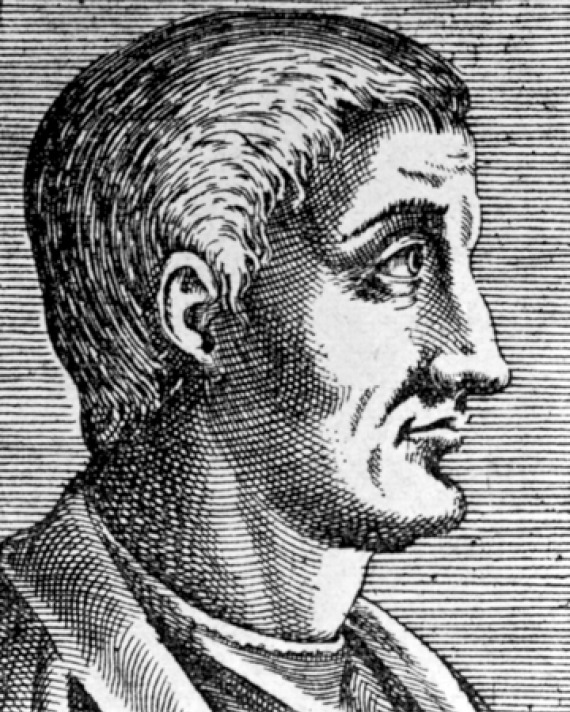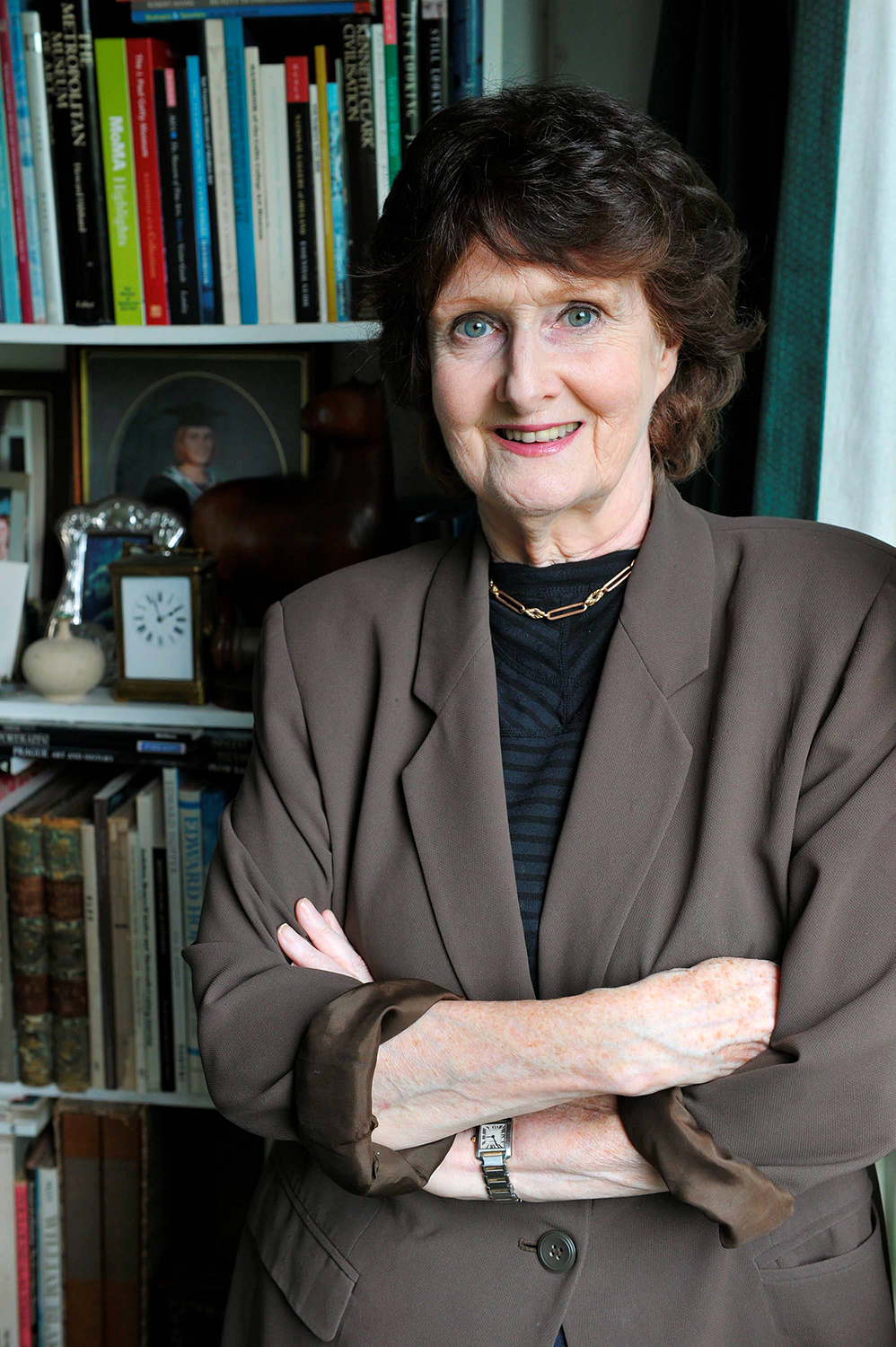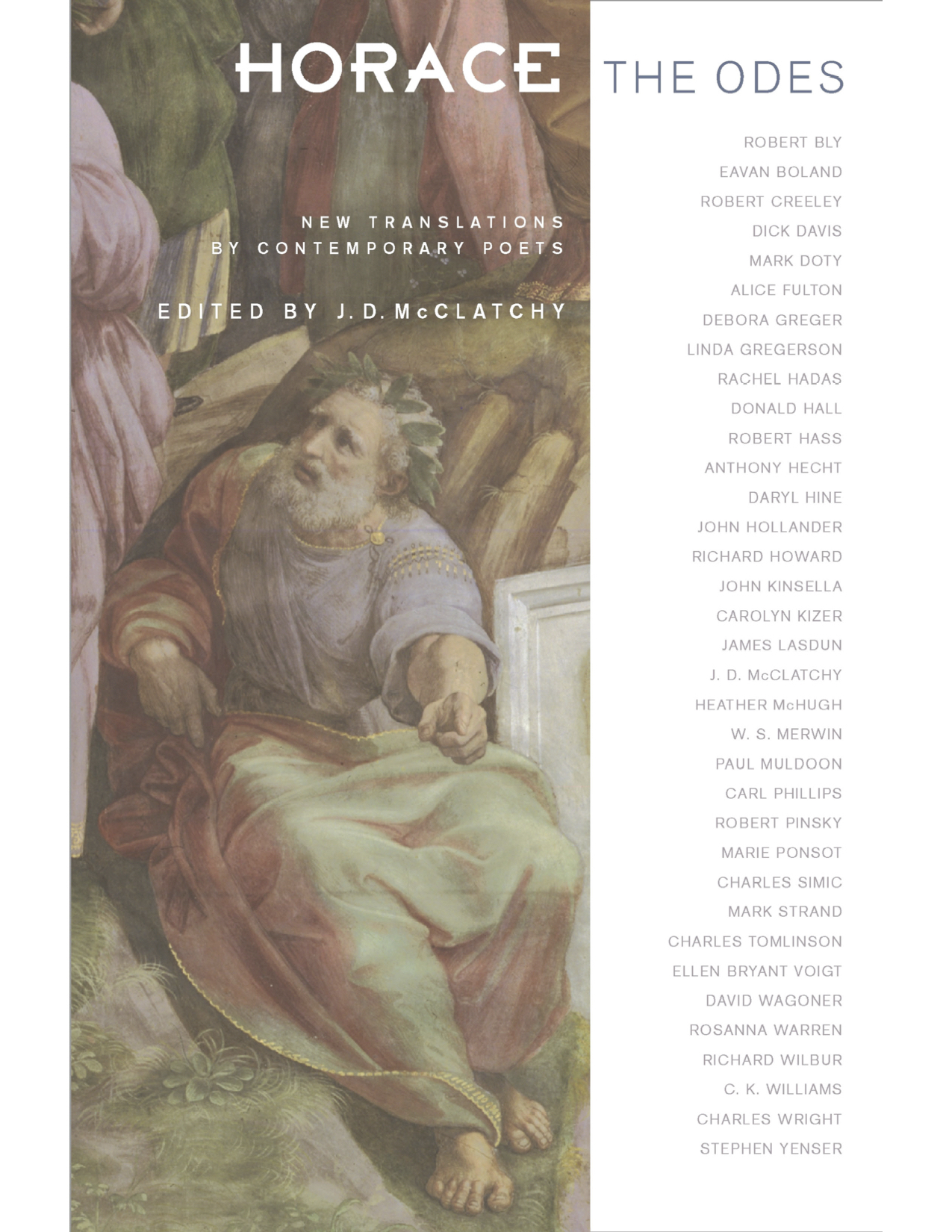Don’t worry about it, Quinctius. Don’t fret.Whatever they plan, the Cantabrians and the Scythians—Divided from us by the Adriatic sea— Signifies almost nothing. Life is short, And asks little of us. How soon the brightDays of our youth and beauty end, and agePuts paid to love and ease and the small gift Of going out like a light. The wildflowers of spring will not inheritThe earth forever nor the moon shine like this.Why do you weary yourself? Why do you worry The infinite question with your finite spirit? Why not drink this wine under the airyPlane trees and pines while we can, our silver hairReddened with rose petals and fragrant with The sweet oils and balsam of Syria? For the god of wine is the enemy of care.And which slave-boy will bring us water nowFrom a fast stream to cool down and temper Our bowls of Falernian fire? And as for Lyde, who is going to persuade her,Shy as she is, to leave home and join us? Tell her to hurry.Tell her to come, dressed Laconian-style, with Her ivory lyre and her hair neatly tied.
II.11
Quid bellicosus Cantaber et Scythes,Hirpine Quincti, cogitet Hadria divisus obiecto, remittas quaerere, nec trepides in usumposcentis aevi pauca: fugit retrolevis iuventas et decor, arida pellente lascivos amores canitie facilemque somnum.non semper idem floribus est honorvernis, neque uno luna rubens nitet voltu: quid aeternis minorem consiliis animum fatigas?cur non sub alta vel platano vel hacpinu iacentes sic temere et rosa canos odorati capillos, dum licet, Assyriaque nardopotamus uncti? dissipat Euhiuscuras edaces. quis puer ocius restinguet ardentis Falerni pocula praetereunte lympha?quis devium scortum eliciet domoLyden? eburna, dic age, cum lyra maturet, in comptum Lacaenae more comas religata nodum!






